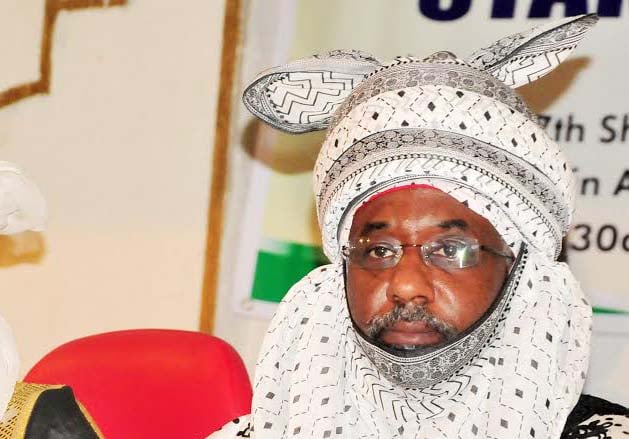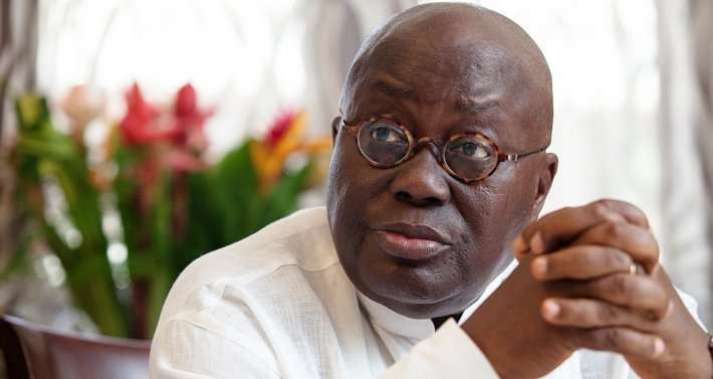Reps panel summons CBN, PENCOM, AGF over N33bn pension fund
Financial advisory and research firm, Renaissance Capital Limited (RenCap), has linked the inflationary trend in Nigeria to increased financing by the central bank.
In a report quoted by THISDAY, Rencap also queried why the federal government is borrowing from the central bank when it has enough deposits in the treasury single account (TSA).
“Central bank financing tends to be frowned upon because it expands money supply and adds to inflation. Nigeria’s narrow money year-on-year (YoY) growth has gone from a negative one per cent in October 2015, to 50 per cent a year later. And in that period YoY inflation accelerated to 18.3 per cent in October, versus 9.3 per cent, and the naira weakened, against the dollar in the parallel FX market, from N227/$1 to N450/$1,” it said.
Muhammad Sanusi II, emir of Kano and former CBN governor, recently disclosed that CBN’s claims on the federal government had topped N4.7 trillion — which he said was equal to almost 50 per cent of the FGN’s total domestic debt.
Advertisement
Citing section 38:2 of the CBN Act of 2016, Sanusi said the law on the limit of what the bank can lend to the federal government was being breached in the process.
In its own estimate, Rencap said by the end of 2016, CBN lending to the federal government would exceed 50% of 2015 revenue — far above the legal 5% limit.
Rencap, however, said “at the same time, the FGN’s deposits have been building up, which mitigates the contention of central bank funding”.
Advertisement
It further noted: “A sharp fall in revenues compelled the FGN to increase its borrowing requirement. Governments have four sources to borrow from to finance their budget deficits: abroad; the central bank; domestic commercial banks; and the domestic non-bank sector (i.e., pension funds).”
On a brighter note, Rencap said it has established that “Nigeria has the funds to settle the borrowed funds in the short term, unlike Ghana, where it took an IMF programme to reduce central bank funding”.
1 comments







It is not in doubt. Those who appointed the leadership of the CBN have stocked up their money in US Dollars